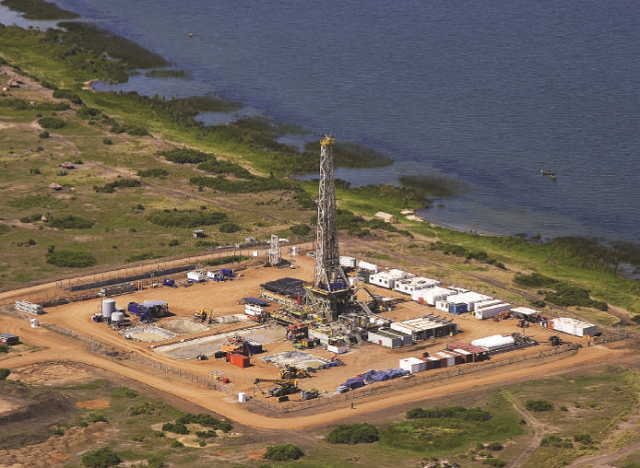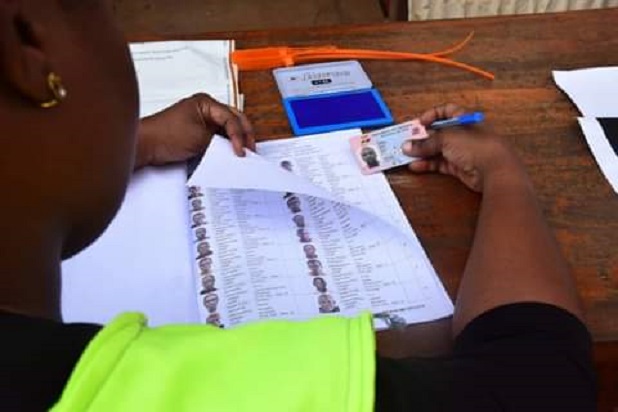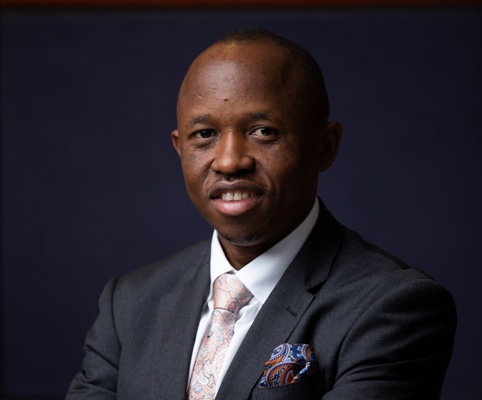The Norwegian Oil for Development Programme (OfD) is ending over thirty years of support to Uganda’s Petroleum sector. While Uganda discovered oil in the Albertine Graben in 2006, the resource remained underground because the country did not have the required policies and laws to regulate the sector.
Gunnar Sjögren, the Project Director of International Cooperation at the Norwegian Offshore Directorate (NOD), said Uganda’s petroleum sector’s building block is in place. He said the only thing Uganda lacks is experience as an oil-producing country. He was speaking at an event held at Kampala Sheraton Hotel under the theme “The Uganda-Norway Cooperation in the Energy Sector”
Uganda’s Oil for Development Programme has focused on strengthening the oil and gas sector. It focused on four key pillars. These included resource management by ensuring that Uganda has the knowledge and tools to accurately assess and manage its oil resources.
It also focused on the environment by ensuring that oil and gas resources are developed sustainably. Uganda’s oil and gas resources are being developed in an ecologically sensitive environment. Part of the oil fields are located in the Murchison Falls National Park.
According to Gunnar Sjögren, had oil been found in such a sensitive environment in Norway, the decision would have been made not to exploit it. Nevertheless, thanks to the strong environmental regulatory regime in place, Uganda can exploit the oil resources. The other pillars of the OfD were revenue management and safety in the sector.
No Oil Curse in Uganda?
When Uganda began its oil and gas exploration journey, it was warned against following the examples of oil-rich African countries that ended up squandering their resources. As OfD exits supporting the oil and energy sector, some officials at NORAD are hopeful that a solid foundation built in Uganda will enable it to avoid the path to the oil curse.
“We all know that Petroleum has been a curse for so many countries. For Norway, it has been a blessing because of the advice that we got from foreigners. And I do believe that it can be a blessing for Uganda as well” said Gunvor Skancke, the Assistant Director at the Department of Partnerships and Prosperity at NORAD.
She suggested that Uganda should aim at using the resources from the petroleum sector to spur development.
“Oil resources should be used in helping the people so that oil becomes a blessing for this nation. I think the foundation is laid” Skancke The OfD programme is closing in many countries including Uganda because Norway is shifting to renewable energy resources.
“The era of Oil for development programme is over. Now we are focusing on renewable energy but with the same focus. Building institutions, building frameworks, and making sure that we are using renewable energies in a way that is sustainable,” revealed Skancke.
The Norwegian Embassy in Uganda is closing in July 2024.
The Minister of Energy and Mineral Development, Ruth Nankbirwa described the OfD as a great partnership. She said while the Norwegian Embassy is closing, the partnership built in the oil and gas and generally, the energy sector will continue.
“Our partnership will be there whether you are in Cairo or where, for us we are with you. Because you started us,” Nankbirwa said.
She said going through the current challenges in petroleum development under the current global narrative, Uganda speaks with confidence because its capacity has been built by Norway.
Nankabirwa said the discovery of oil in Uganda presented immense potential and significant challenges. She said with the support of Norway, some of the challenges are being addressed.
Uganda is getting ready to produce and export oil from 2025. However, there have been some concerns that the oil sector is too regulated. Equally, others have noted that progress in the petroleum sector in Uganda has taken longer than anticipated.
Many of the Ugandan experts now managing the different sectors of the petroleum sector however say the delay was worth it because it enabled Uganda to build its technical capabilities.
Most of the oil technocrats at the Petroleum Authority, NEMA, the Ministry of Energy, and Uganda National Oil Company (UNOC) were trained in Norway under the OfD.
Engineer Irene Batebe, the Permanent Secretary at the Energy Ministry is one of the Ugandans trained in Norway.
She told Uganda Radio Network that Uganda now has what it takes to begin producing oil. In terms of managing money from oil and gas, Batebe said the government has put in place a fund similar to the Norwegian Sovereign Fund.
The government with support from the OfD developed and launched the National Oil Spill Contingency Plan. Batebe said the plan largely ensures that the oil and gas sector is prepared in case of an emergency.
“God forbid if that happened, we will be well-equipped to ensure that the country is not put in a bad position,” said Betebe.
What next after OfD for Uganda’s oil Sector?
Batebe said Uganda would be entering the production phase starting in 2025.
“We already put our requirements and we continue to develop our capacity to ensure the prudent operation and management of the sector. We are now in the construction phase and the foundation that we have built will go a long way to support the capacity that we will require for the next 20 years,” Said Batebe.
Critically during this phase according to Batebe will be the revenues because the government will start receiving the revenues from oil.
“And will be keen as government to stand on the principles that we have set in the Public Finance Management Act that all revenues from this sector will be put to the infrastructure.”
-URN





